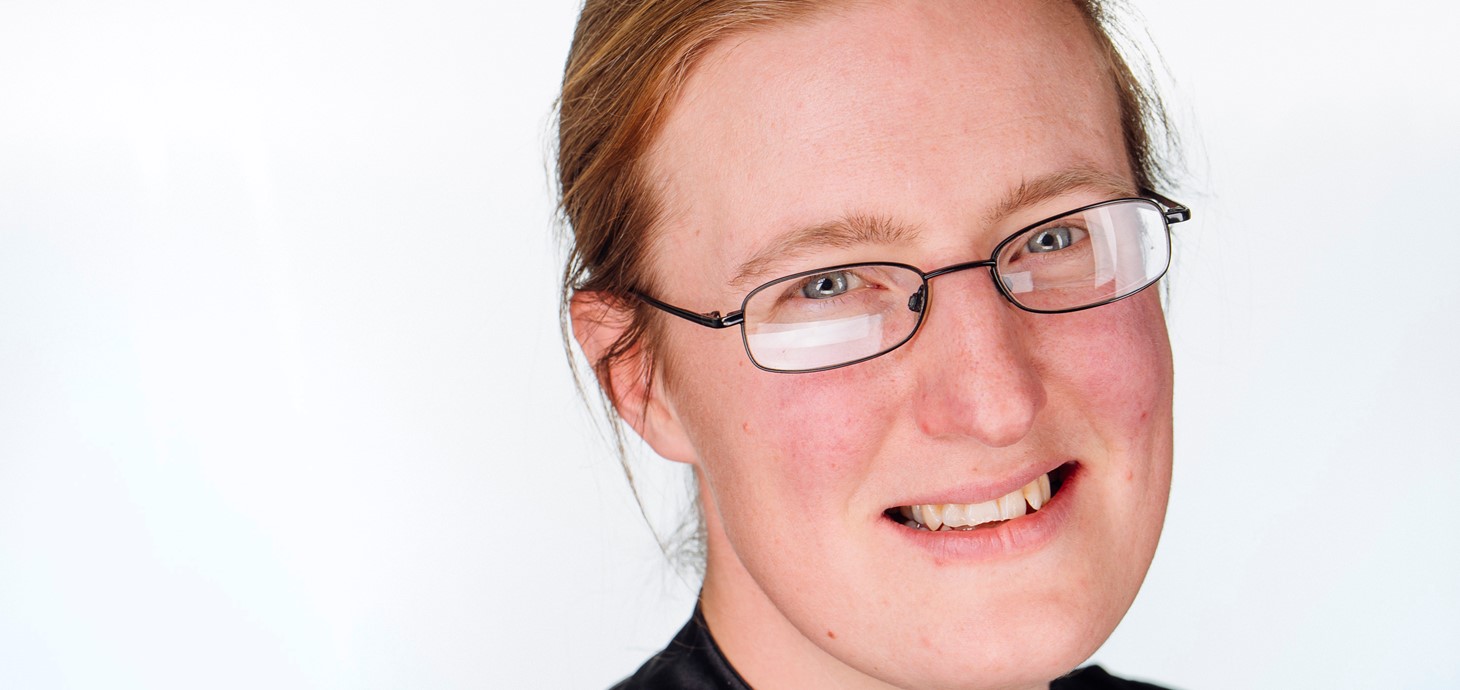These articles are now archived and will no longer be updated.
University-designed programme increases children’s knowledge of their carbon footprint

An interdisciplinary team at Swansea and Bangor universities have designed a programme which encourages school-aged children to think about their personal impact on climate change.
Swansea University’s Dr Jennifer Rudd (pictured) is one of the researchers involved in the project. She said: “Climate change poses a serious threat to our planet, which will only be mitigated through a reduction in carbon emissions. To achieve this we need everyone involved – from world leaders to our future leaders, the school students who will inherit whatever planet we leave behind.”
To help students understand how they can play their part we have developed “You and CO2”. This is a STEAM (Science, Technology, Engineering, Arts and Mathematics) programme which aims to make children aware, not only of their carbon footprint, but through Imagineering, that is, implementing creative ideas in a practical form, how they can have an effect on the world around them.”
The programme has already seen children from two schools in Wales participate in a series of workshops in which they analysed the impact of their everyday activities. They were also able to explore their role as citizens of the world through reading and interacting with a choose-your-own adventure story No World 4 Tomorrow written by Dr Lyle Skains, who was part of the interdisciplinary team. The ending was determined by the choices made during the reading of the story and themes included inaction, political action, self-preservation and activism.
Finally, students were encouraged to “imagineer” and develop their own digital fiction, choose-your-own-adventure stories. Dr Rudd said: “Some incredible stories were written during the workshops, a selection of which are featured on the “You and CO2 “ website, including “Linda and Akachi’s Story” which explores the social justice implications on global climate change.”
Tom Crick is Professor of Digital Education and Policy at the University. He said: “This project is timely given the coming significant changes to the national curriculum in Wales, especially in better understanding the impact of science and technology on our lives. The opportunity for interdisciplinary, cross-curricular working, framed around major societal issues such as climate change - as demonstrated by the “You and CO2” project - provides the foundation for developing ambitious, capable learners who can be ethical, informed future citizens of Wales.”
Dr Rudd concluded: “By using a multidisciplinary approach, we have been able to break out of siloed teaching and allow students the opportunity to think more broadly about the social and moral context of climate change and its consequences, teaching the science of climate change in a relevant and societally engaging way and bridging the gap between the classroom and the wider world. In addition, the programme has allowed students to apply knowledge of numeracy, English language, storytelling, computer programming, and chemistry to a pressing global problem that will have a profound impact on their lives.
Our initial trial of the programme revealed that the immersive and thought-provoking nature of the programme had a significant effect on the vast majority of students, with some children using their digital fictions to imagine themselves as leaders of cities, countries or the EU and having decision-making powers that would mitigate climate change.
A crucial next step for this project will be to run larger, controlled trials that will allow us to measure the impact of the programme on knowledge, attitudes, and behaviour.”
Students’ fictions from the project can be found on the “You and CO2“ website.
